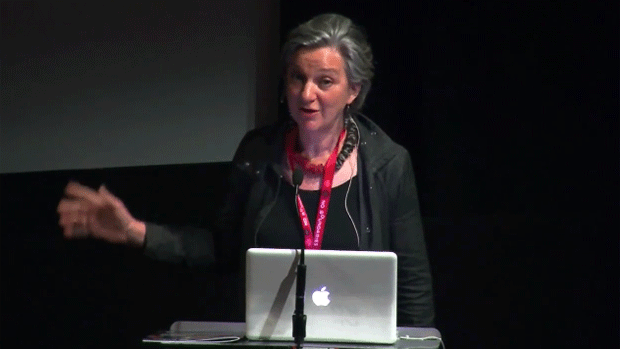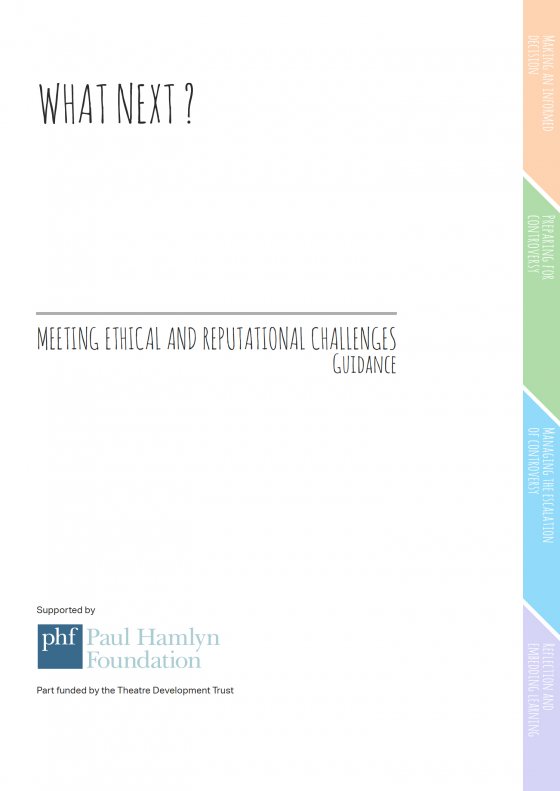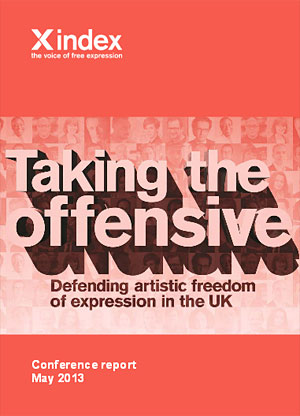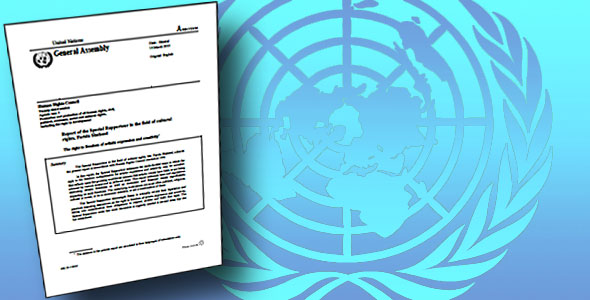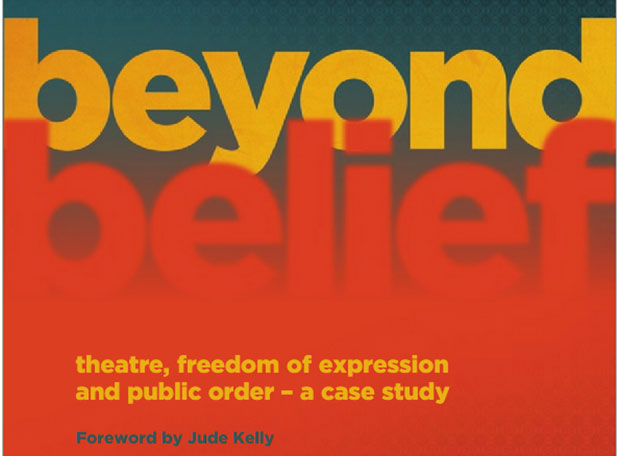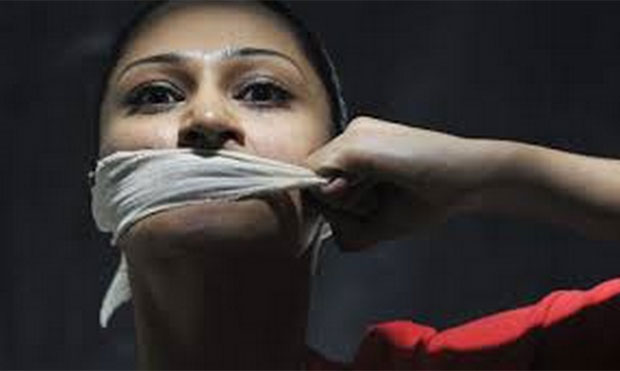In 1972, Michael Scammell, first editor of Index on Censorship magazine wrote in the first edition – “Freedom of expression is not self-perpetuating, but needs to be maintained by the constant vigilance of those who care about it.” We obviously haven’t been very vigilant here in the UK
